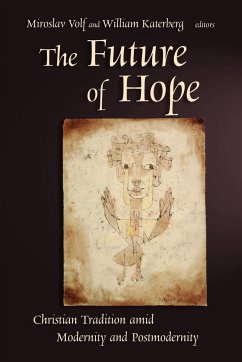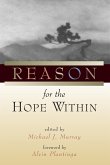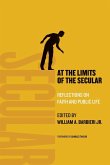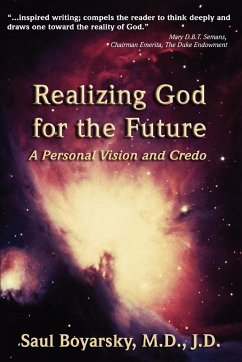Over the last three decades a major cultural shift has taken place in the attitudes of Western societies toward the future. Modernity's eclipse by postmodernity is characterized in large part by the loss of hope for a future substantially better than the present. Old optimism about human progress has given way to uncertainty and fear. In this book scholars from various disciplines - theology, the social sciences, and the humanities - explore the move from a "culture of optimism" to a "culture of ambiguity," and they seek to infuse today's jaded language of hope with a new vitality. The Future of Hope offers a powerful critique of today's stifling cultural climate and shows why the vision of hope central to Christian faith must be a basic component of any flourishing society. The first section of the book sets the context with telling cultural criticism of modernity. The second section focuses on affinities between premodern Christian visions of hope and twentieth-century thought. The final section of the book examines the relationship between postmodern thought, Christian tradition, and biblical hope, addressing how Christians in a postmodern world can best articulate their faith. Written by truly profound thinkers, these chapters are diverse in their content, methodologies, and temperament, yet they are united by a deep engagement with both the Christian tradition and the larger cultural and intellectual climate in which we live and work. The Future of Hope can thus be read not just as an attempt at retrieval of hope for today but as itself one small act of hope in an age when people too seldom take time to think critically and hopefully. Contributors: David Billings Robert Paul Doede Kevin L. Hughes Paul Edward Hughes Daniel Johnson William Katerberg John Milbank Jürgen Moltmann James K. A. Smith Miroslav Volf Nicholas Wolterstorff








